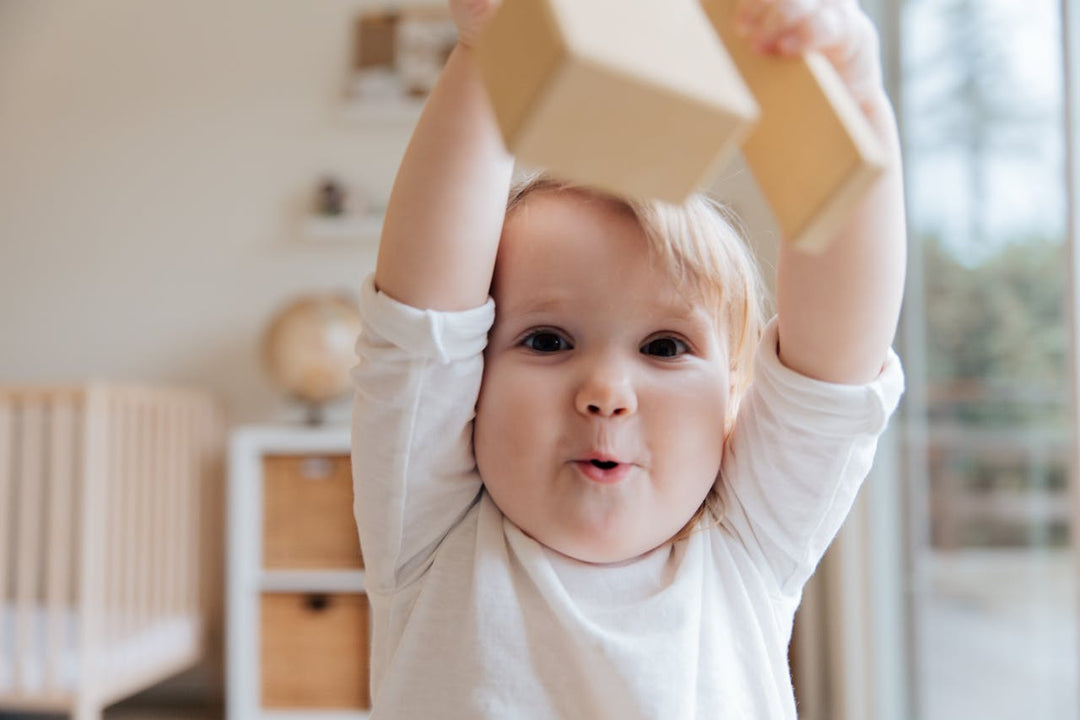Exploring the Benefits of Montessori Education in Early Childhood

The Montessori education system has long been distinguished by its unique approach to fostering independence and growth in young children. As we delve into the core principles of Montessori education, our aim is to uncover how these fundamental elements actively shape the developmental trajectories of early learners. Rooted in the belief that children learn best within a prepared environment, one that supports their natural desire to engage, explore, and learn, Montessori education centers itself around the child's innate curiosity and drive for discovery.
In contrasting the Montessori methods with traditional educational systems, it becomes evident that Montessori's emphasis on tailored learning experiences significantly impacts cognitive and social development. Through the careful selection and use of specific Montessori materials, children are provided with the resources they need to explore concepts at their own pace in a manner that resonates with their individual learning styles. This hands-on learning approach facilitates a deeper understanding of the material and enhances problem-solving skills and social interaction among peers.
As we steer away from the traditional and embrace a Montessori-centric approach in early childhood education, our discussion will shed light on the transformative power of Montessori principles and their immense benefits in nurturing independent, confident, and well-rounded individuals.
Core Principles of Montessori Education and Their Impact on Early Childhood
The Montessori method, founded by Dr. Maria Montessori, is based on the philosophy that children thrive in an environment where they are allowed to explore and learn independently. This approach is rooted in a "prepared environment," which is meticulously designed to encourage children to engage with materials that support various developmental stages. Our environments cater to the child's natural learning behaviors, providing them autonomy within limits—a core principle of Montessori education.
By supporting the child's natural development, we enable them to develop foundational skills in their formative years. Each element of the Montessori setting—from low shelves filled with accessible activities to child-sized furniture—is intended to foster independence and self-reliance. This primary emphasis on independence does not merely prepare them for academic success but also holistically supports their physical, emotional, and social development. As children choose their activities, they learn decision-making skills, which are critical as they grow older.
Cognitive and Social Development Through Montessori Methods
Montessori methods have a profound impact on both cognitive and social development by focusing on individual learning paced by the child’s own interactions within the environment. We prioritize activities that not only challenge the mind but also promote social interactions among children. This is implemented through mixed-age classrooms, which allow younger children to learn from older peers and the older children to reinforce their knowledge by teaching concepts they have already mastered.
This setup naturally cultivates leadership skills and empathy among all ages as they navigate their roles within the peer group dynamics. Furthermore, the Montessori curriculum is rich in sensory-based learning materials that stimulate cognitive development in a structured way; children are encouraged to touch, manipulate, and experiment with these tools, enhancing their understanding and retention of knowledge. Through these processes, children not only acquire knowledge but also develop the confidence to pursue their curiosity independently, fostering a life-long love of learning.
How Montessori Materials Facilitate Learning and Exploration
Montessori materials are not just tools; they are carefully designed extensions of our broader educational philosophy. Each item is crafted to address specific developmental stages and to harness a child's natural curiosity and capacity for learning through discovery. Our Montessori materials enable hands-on learning, fostering both sensorial and intellectual development. Materials such as shape sorters, puzzles, and tactile boards are designed to be self-correcting; they provide immediate feedback to the learner, which reinforces understanding and promotes self-assessment and correction.
This empowers children to explore and learn without heavy adult direction, enhancing their ability to concentrate and cementing critical cognitive skills like problem-solving and analytical thinking. Moreover, by engaging with these materials, children develop fine motor skills simultaneously as they learn to handle different shapes, sizes, and textures. This integrated learning process is vital for their holistic development and far exceeds simple rote learning that traditional methods might emphasize.
Comparative Analysis: Traditional Early Childhood Education vs. Montessori Approach
When comparing traditional early childhood education to the Montessori approach, distinct differences in teaching philosophy and student outcomes become apparent. Traditional models often center around structured teacher-led instruction where children are passive receivers of information. In contrast, Montessori education flips this model, putting children in the active role of explorers and problem-solvers within their learning environments.
This learner-centered approach makes learning more engaging and tailored to individual pacing and interests and fosters a greater degree of internal motivation and self-discipline. Children educated in Montessori settings typically exhibit high levels of independence and confidence in their abilities, skills that are crucial as they progress in their educational journeys and beyond. Additionally, Montessori students often develop stronger social skills due to the collaborative nature of their learning environments, where cooperation and respect for others are constantly cultivated.
Conclusion
In embracing the Montessori method, we are not just teaching children to memorize facts or follow instructions; we are nurturing curious, self-motivated individuals who are prepared to take on real-world challenges. Montessori education equips children with the tools they need not only to succeed academically but also to develop as whole individuals—emotionally, socially, and ethically. As we continue to advocate and implement Montessori principles, we reaffirm our commitment to a comprehensive, centered, and compassionate approach to early childhood education.
At Topponcino Company, we've dedicated ourselves to supporting this transformative educational journey by providing families with essential Montessori materials that inspire and facilitate children's best possible developmental outcomes. Discover how our carefully designed Montessori products can enhance your child's learning and independence. Visit our website today to learn more about our offerings and how they can benefit your family.












